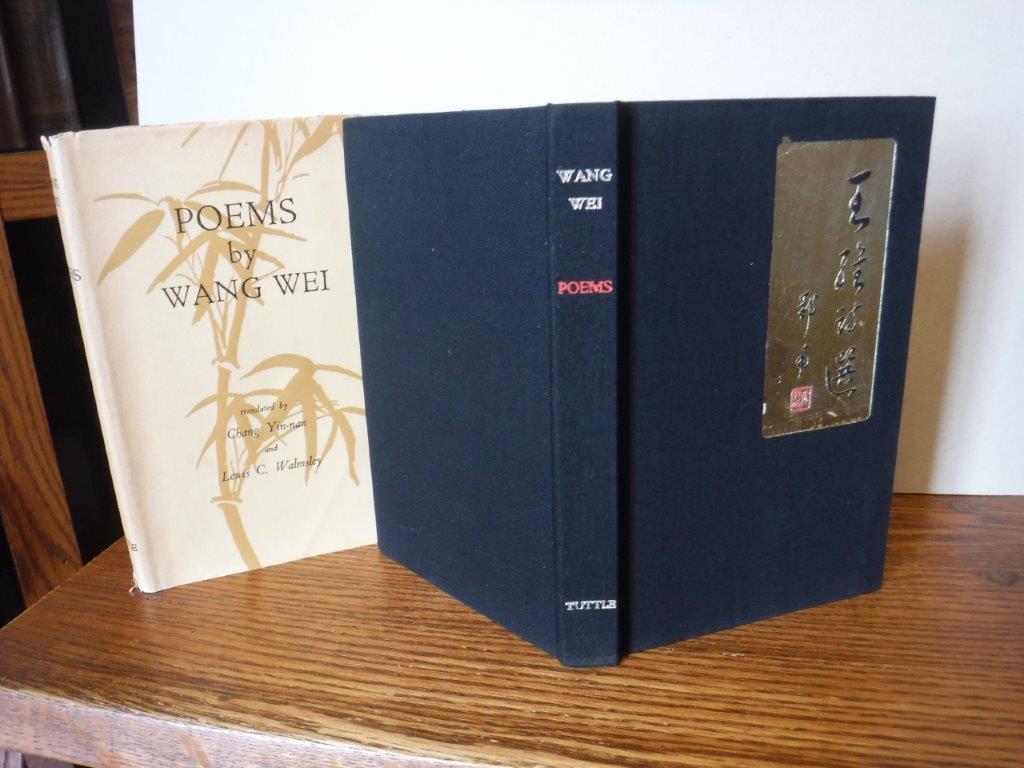

I listen, but cannot hear my grooms and servants Night filled the gaps between the slow chiming of a distant bell. The sound of villagers grinding their corn at In some deep lane beyond the forest a dog barked at the cold, with a cryĪs fierce as a wolf's. On the wintry mountain distant lights twinkled and vanished Saw the moonlight tossed up and thrown down by the jostling waves of

When night was far advanced, I mounted Hua-tzuu's Hill and I crossed the Yuuan-pa, over whose waters the unclouded moon shone withĭazzling rim. Mountain priests, and, after dinner, came home again. So I roamedĪbout the mountain-side, rested at the Kan-p`ei Temple, dined with the Were conning the classics and did not dare disturb you. Of late during the sacrificial month, the weather has been calm andĬlear, and I might easily have crossed the mountain. These and a few other poems by Pei Di are preserved in Scroll 129 of the Quantangshi.Ī letter from Wang Wei to his friend Pei Di (here transliterated P'ei Ti) is preserved, and has been translated by Arthur Waley: These were then matched by a pair of couplets on the same theme by Pei Di.

Consisting of twenty preserved titles, for each title Wang Wei wrote a pair of couplets loosely inspired by landscape features around his country estate. Pei Di is also famous for his collaboration with Wang Wei: this series of poems (the Wangchuan ji) has been translated into English as "The Wang River Collection", or similarly. One of Pei Di's poems, translated by Witter Bynner as "A Farewell to Cui", a farewell poem dedicated to a friend named Cui, was included in the important collection Three Hundred Tang Poems, as exemplary of the five-character (line length) version of the quatrain style known as juéjù, or "cut verse". Other than through Pei Di's few surviving poems, and the poems addressed to him by Wang Wei and Du Fu, "pitifully little" is known about Pei Di, other than that he had a reasonably successful government career. Pei also had a poetic relationship with Du Fu. This letter has been translated by Arthur Waley. The close personal friendship between Wang Wei and Pei Di is preserved in a letter by Wang Wei inviting Pei for a Springtime visit together at Wang's country estate.

The poet's name is also rendered into English as "P'ei Ti" or "Pei Shidi" ( shi = 十). Pei Di has twenty preserved poems in the Wangchuan ji poetry collection, which collects twenty matching poems by Wang Wei and Pei Di. Pei Di was a contemporary of Wang Wei, although younger by fifteen years. Pei Di ( Chinese: 裴迪 pinyin: Péi Dí Wade–Giles: P'ei Ti) was a Chinese poet of the Tang dynasty, approximate year of birth 714, with one work included in the popular Three Hundred Tang Poems. "A Farewell to Cui", The Wang River Collection


 0 kommentar(er)
0 kommentar(er)
